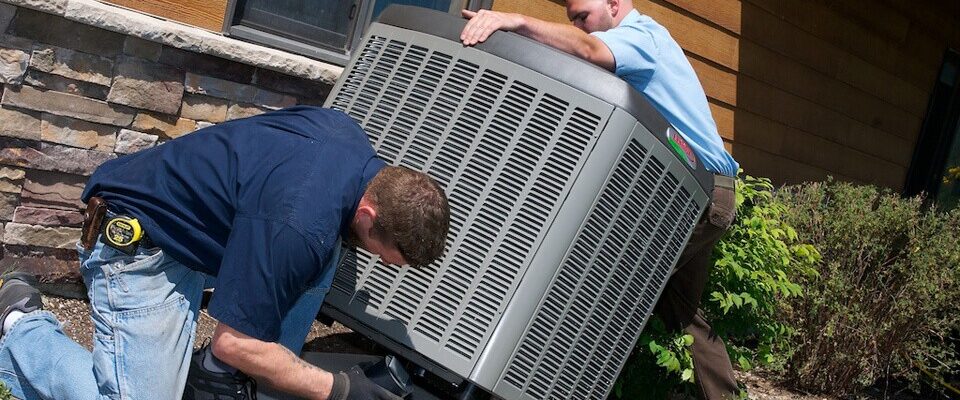When the scorching heat of summer arrives, having a properly functioning air conditioning system becomes essential for a comfortable and cool indoor environment. If you’re in the market for a new air conditioner, one of the crucial decisions you’ll need to make is whether to install it yourself or hire professional services. While the DIY route may seem tempting for cost-saving reasons, air conditioning installation is a complex task that requires expertise and precision. In this article, we will explore the advantages and disadvantages of DIY air conditioning installation versus professional services to help you make an informed decision.
DIY Air Conditioning Installation:
Advantages:
Cost Savings: DIY installation can save you money on labor costs, as you won’t have to pay for professional services. However, it’s essential to weigh these savings against potential risks and expenses associated with errors during installation.
Control and Flexibility: With DIY installation, you have control over the process and can work on your schedule. It allows you to customize the installation to your preferences and needs.
Learning Experience: Installing an air conditioner yourself can be a learning experience, giving you a better understanding of your cooling system and its components.
Disadvantages:
Complexity and Technical Expertise: Air conditioning installation is a complex task that requires technical expertise and knowledge of electrical systems, refrigerant handling, and proper ventilation. Incorrect installation can lead to system malfunctions, inefficiency, or safety hazards.
Potential Damage: DIY installation carries the risk of damaging the unit or your property during the process. Improper handling of components can void warranties and result in costly repairs.
Safety Concerns: Handling refrigerants can be hazardous and should only be done by licensed professionals who are trained to handle these chemicals safely.
Code Compliance: Professional HVAC technicians are well-versed in building codes and safety regulations, ensuring that the installation meets all requirements. DIY installations may not comply with local codes, leading to potential penalties or safety issues.
Professional Air Conditioning Installation:
Advantages:
Expertise and Experience: HVAC professionals have the necessary training and experience to perform air conditioning installations accurately and efficiently. They can ensure that the unit is installed correctly, optimizing its performance and energy efficiency.
Safety Assurance: Professional technicians are familiar with safety protocols and can handle refrigerants and electrical systems safely. This minimizes the risk of accidents or hazards during the installation process.
Warranty Protection: Many air conditioning manufacturers require professional installation for warranty coverage. Hiring professionals ensures that you don’t void the warranty due to DIY errors.
Time and Convenience: Professional installation saves you time and effort, as technicians can complete the job quickly and efficiently.
Disadvantages:
Cost: Hiring professional services for air conditioning installation comes with a cost, which includes labor and possibly additional materials. However, the benefits of proper installation often outweigh the initial expense.
Scheduling: Depending on the demand, HVAC professionals may have busy schedules during peak seasons, which may lead to delays in installation.
Lack of Personalization: With professional installation, you have less control over the process and customization options compared to a DIY installation.
While DIY projects can be rewarding, air conditioning installation is best left to trained professionals. The technical complexities, safety concerns, and potential risks involved make it a job that requires expert knowledge and skills. Professional HVAC technicians can ensure a properly functioning and efficient cooling system while protecting your investment and safety. Contact Climate Environmental for more information.


